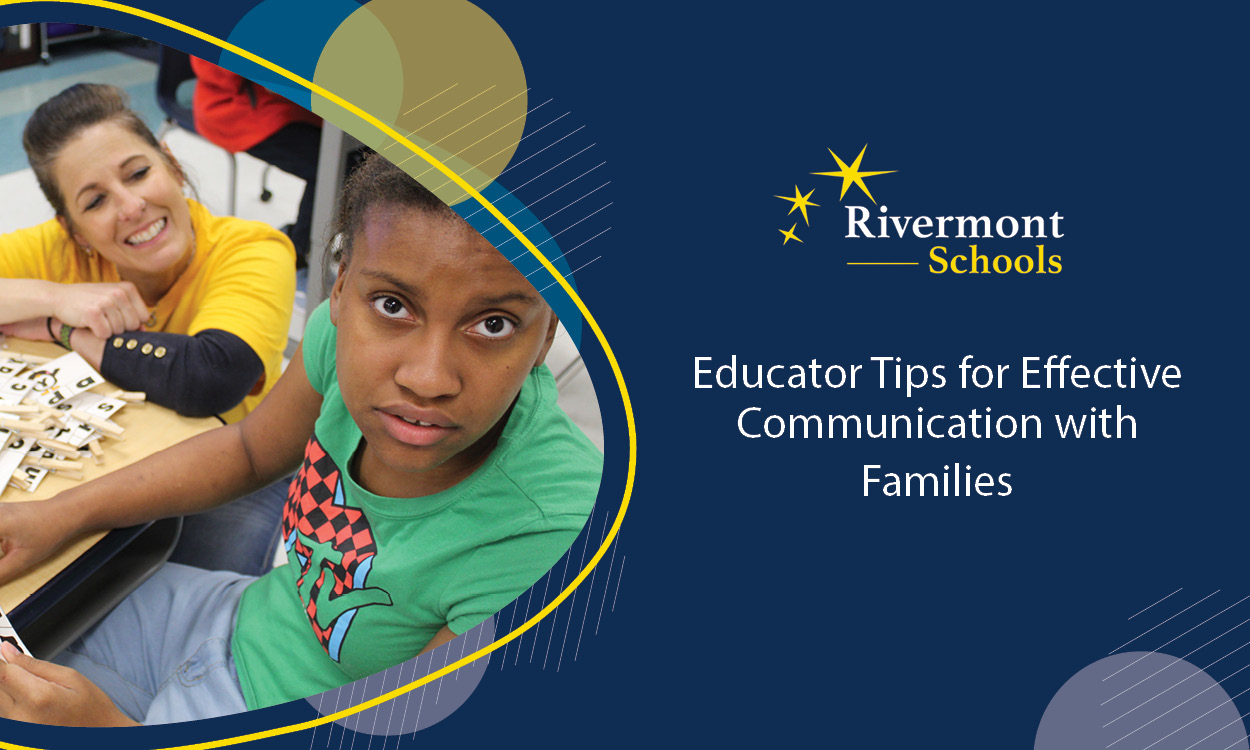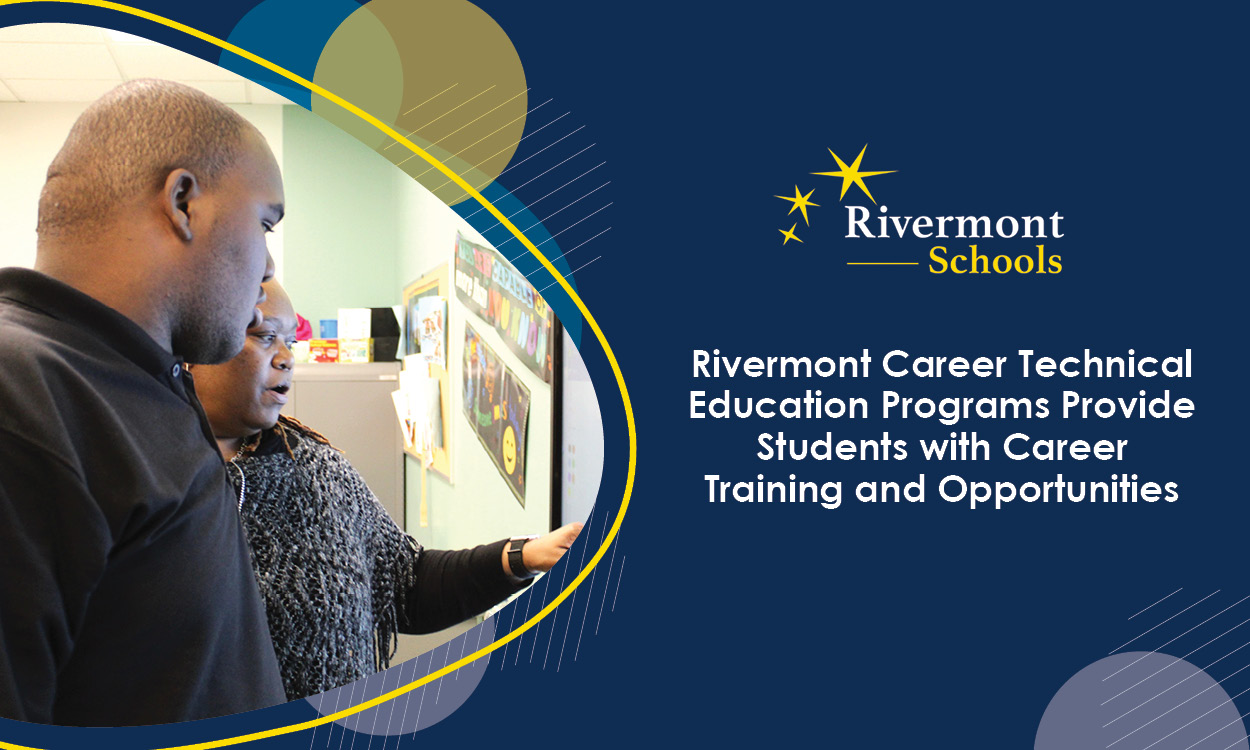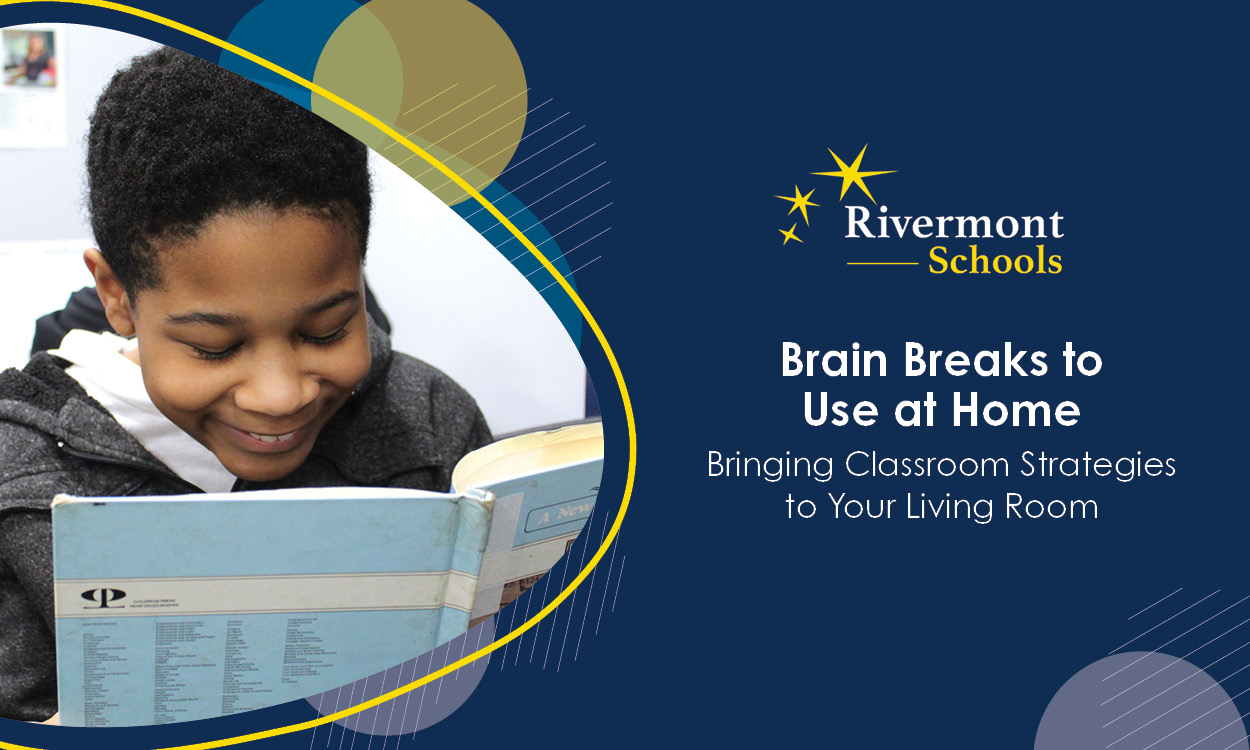Educator Tips for Effective Communication with Families
Posted: October 25, 2024 | Written By: Sharmin Hossain | Category:

By Brandee Hartbarger, Special Education Teacher, Rivermont Schools Rockbridge
One of the challenges that teachers face can be effective communication with families. Difficult conversations or sensitive topics can be daunting for administrators as well. As educators, our commitment to our students is of utmost importance and we want that to extend to their families. So how can we make sure we are addressing important topics in the most effective way? Here are some strategies we can use to foster open and supportive conversations that build trust and understanding between educators and families.
Relationship Building
Before any kind of difficulty arises, create a rapport with the families of your students. Invite them to come inside and meet with you when the student enters your classroom. Kindness and familiarity can make a big difference when it’s time to discuss concerns. Reach out regularly to share positive updates about their child—no one wants to only hear negative feedback or be contacted solely when there’s an issue. It's important for families to know that your intentions are centered on their child's well-being, and that any serious conversations are aimed at supporting their success.
Teamwork
The relationship you build with families can foster a sense of teamwork between home and school. When parents feel that you genuinely care about their child’s well-being and are working towards the same goals, they are less likely to respond defensively. By treating each other as respected partners focused on the student’s success and happiness, families will recognize that the information you share comes from a place of shared commitment. It's essential to convey that you are on their side.
Empathy
Put yourself in the shoes of the person you need to speak with. How would you want this information to be shared with you? The words you choose and the tone you set can convey either concern or criticism. Approach each family and situation with the same compassion you would hope to receive.
There will be times when difficult conversations are necessary. However, when the school and the home work together and maintain positive relationships, it’s the students who benefit the most. By framing these discussions as collaborative conversations rather than confrontations, you can make the experience more constructive for both educators and families.
Building strong partnerships with families is key to supporting student success. For more tips and strategies on effective communication with families, visit our latest blog post!









